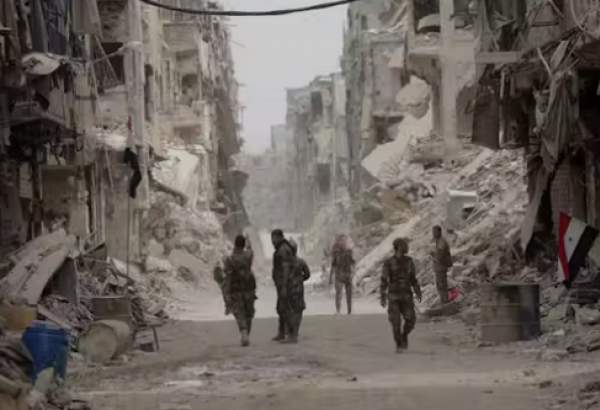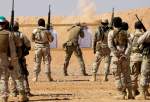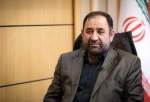The Sunnis, Shias, Maronites, Greek Orthodox, Syriac Orthodox, Armenians, Kurds, Turkmen, Ismailis, Druze, Bedouins, and Alawites and cross-cutting ethnic, cultural, linguistic, clan, and tribal groups have to transcend their erstwhile divisions and create grassroots unity while respecting their legitimate diversity.
26 Apr 2025
- Powerful blast in Iran’s Shahid Rajaei Port leaves over 400 injured
- Discourse of Islamic unity must be set role model in all religious, cultural activities
- Palestinian teen succumbs to wounds sustained by Israeli gunfire
- Iranian top cleric visits Islamic center in Zagreb (photo)
- Cleric stresses Islamic unity, efforts to boost solidarity among Muslims
- Sirens blares as Yemen launches fresh missile attack against occupied lands
- Iran summons Dutch envoy to protest assassination attempts claim
- Norway FM slams Western silence on Israel’s genocide in Gaza
- World Food Program runs out of food stocks in Gaza as Israeli aid blockade nears 2 months
- US government applauds Yale’s crackdown on pro-Palestinian students












